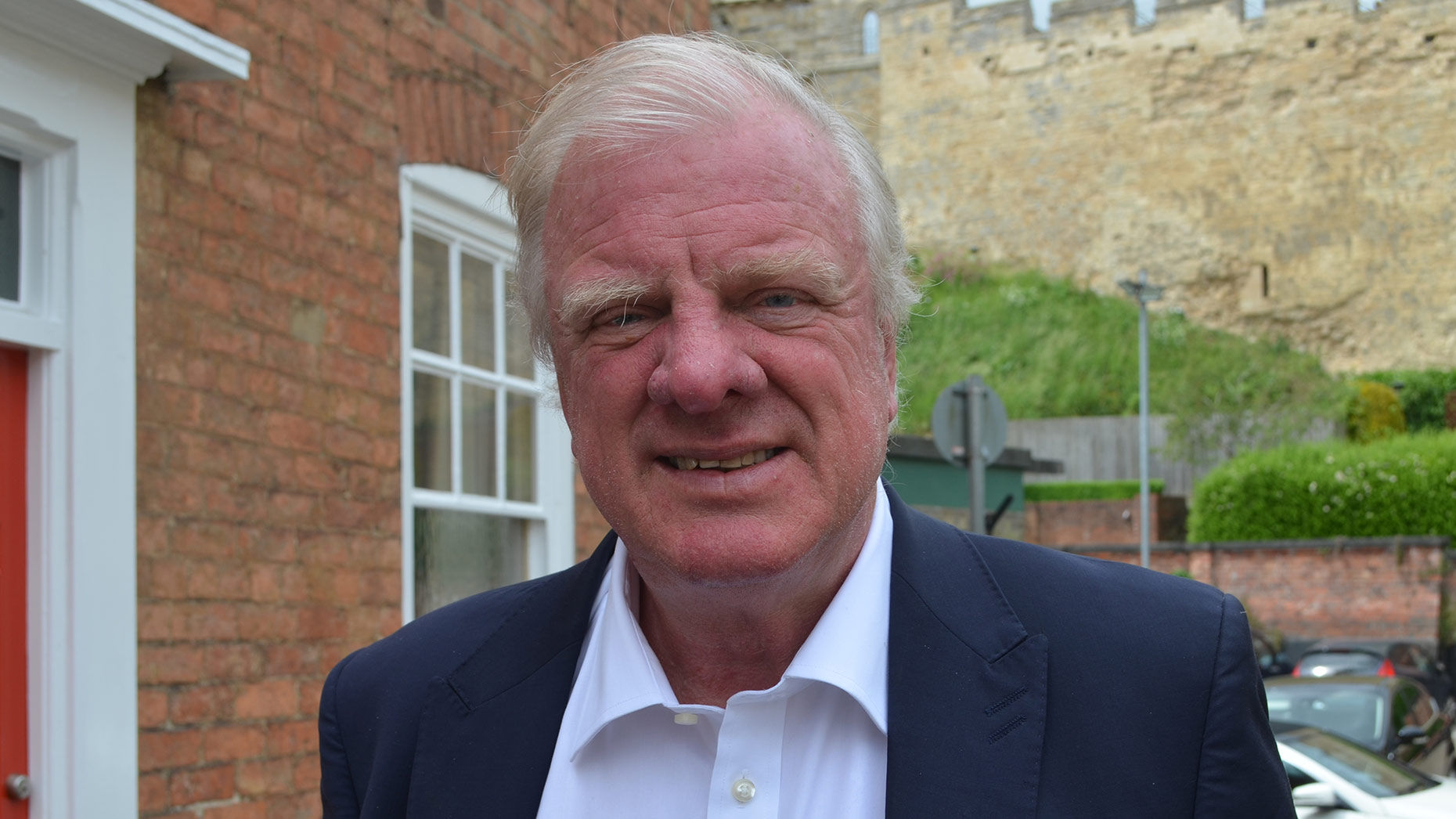Parliament will soon be sitting again after the summer and conference recesses. Nationally, Brexit remains at the top of the political agenda. Regardless of how tired we may be of the constant twists and turns of the terms of our departure from the European Union. I believe we are on course for a bright and prosperous future outside the European Union’s constraints.
I was disappointed to learn that the Ministry of Defence has brought forward pans to close RAF Scampton in 2022. I never fail to express my admiration and pride of our county’s aviation heritage.
It has been a centuries since battles were fought in the fields of my constituency; there was the Battle of Gainsborough during the Civil War, and perhaps we will just pass over the fact that the Cromwellians won.
However, during the Second World War it was the fields of my constituency that provided the bases for numerous squadrons of the Royal Air Force, of which perhaps the Dambusters were only the most famous. They were based at RAF Scampton, where Commander Guy Gibson flew missions from – and where his dog is still buried. The historical importance of RAF Scampton should not be minimised, quite the reverse: it should be protected, and its future properly debated.
The base at Scampton was founded back in 1916 as Air Station Brattleby Cliff – until it was renamed two years later. Many older locals will recollect the extension of the runway in the 1950s to allow the Vulcan bombers to use it – diverting the straight line of the ancient Roman Road, the Ermine, to be diverted.
Proud though we rightly are of our history of military aviation, we have also witnessed time and again the less inspiring aspects of the Ministry of Defence; such as their way of disposing of land, designated as surplus to requirements. The poor examples that are too numerous, littered across the preceding decades.
We must be vigilant in ensuring that, if RAF Scampton is indeed to close, its future use must be well thought-out, suitable and sustainable to the needs of the local communities. I will be working with colleagues on West Lindsey District Council, Lincolnshire County Council, the local communities and government to make sure that the base has the best possible future.
Support for RAF Scampton has been wide-ranging. I am pleased with the cross-party support that exists on this issue. We gained a somewhat surprising ally this last week when Jeremy Corbyn, the Labour Leader, said that “Obviously it has to remain open if the Red Arrows are there”. That is obviously a very big if. Nor is it unequivocal support.
The Red Arrows have left the base before, between 1995 and 2000. Nevertheless, such support for a military airbase does seem somewhat contrary to the life-long pacifism that he has espoused. Despite the many commonalities in our parliamentary careers – we both joined the House at the 1983 general election, we have both spent years on the back benches of our respective parties often putting forward alternative views to the pervading orthodoxy; we often have found ourselves in the same lobby voting against the Iraq War, or assisted suicide, or the introduction of foundation hospitals, together. Circumstances make unlikely allies of us all.
I have been disappointed with the discrimatory and, in my view, counterproductive rules that hinder free schools, run by the Catholic Church, are still in place. I am however encouraged that across our country new free schools are being founded at apace. Fifty-three new schools have started this term, creating 40,000 new school places and giving parents choice.
Whether founded by community groups, charities, or multi-academy trusts many of them provide specialist education for their pupils. Parents are the primary educators of their children and it is for that reason that they should have a range of options when it comes to choosing a school where their offspring can experience their formal education.
Allowing groups of parents, charities, and others to found new schools has improved the quality of education provision in England, and more pupils are now studying in schools that are rated ‘good’ or ‘outstanding’.
The government also recently announced a very welcome pay rise for classroom teachers and there is a co-ordinated effort to work with school leaders and trade unions to boost recruitment and retention while getting rid of unnecessary workload. There are now over 450,000 teachers in our classrooms, and the number of former teachers returning the profession is increasing too.
Finally, Brexit continues. I await the final deal that is negotiated before I will commit to supporting or opposing it. I struggle to understand colleague who are able to prognosticate on the outcome before both parties have agreed such an outcome. Perhaps I am old-fashioned in believing that it is much better to know what one will be asked to vote upon before declaring how a vote will be cast.







